joespaniel
Unescorted Settler
Although weakened by the loss of General von Paulus' Army at Stalingrad, the Wehrmacht still had three million troops inside the USSR as the summer of 1943 began. After the retreat from the Caucasus, the German armies turned about and counter-attacked at the city of Kharkov, stopping the Red Army's advance. Both sides were exhausted and the spring rains turned the battlefield to mud once again.
Hitler, eager to avange his defeat at the Volga, desired to pinch out a salient centered around the town of Kursk and send a message to the world that the Wehrmacht was still in business. A great offensive that he said "will shine like a beacon around the world". If successful, more forces could be diverted to the Med to meet the Americans and British.
Kluge's Army Group Center and Manstein's Army Group South were tasked with the destruction of five Soviet Armies. The Supreme Commander East, General Guderian, argued against an offensive saying "Why do we want to attack in the East at all? How many Germans have ever even heard of Kursk?" but Hitler was, as usual, adamant. The great offensive was stalled until July when new Tiger and Panther tanks as well as Elephant assault guns could be brought to the front.
The Soviets around Kursk, led by the energetic Rokossovsky, were fairly certain the Germans would attack the salient. Resisting the urge to strike first, they opted to dig in multiple lines of fortifications supported by massive amounts of artillery. A large tank force was assembled in reserve to deal with a German penetration of the line. Then they waited.
On July 5th, the Wehrmacht unleashed it's attack against the Kursk salient. The effect was initially that of a tidal wave. For four days, the German armies advanced.
Hitler, eager to avange his defeat at the Volga, desired to pinch out a salient centered around the town of Kursk and send a message to the world that the Wehrmacht was still in business. A great offensive that he said "will shine like a beacon around the world". If successful, more forces could be diverted to the Med to meet the Americans and British.
Kluge's Army Group Center and Manstein's Army Group South were tasked with the destruction of five Soviet Armies. The Supreme Commander East, General Guderian, argued against an offensive saying "Why do we want to attack in the East at all? How many Germans have ever even heard of Kursk?" but Hitler was, as usual, adamant. The great offensive was stalled until July when new Tiger and Panther tanks as well as Elephant assault guns could be brought to the front.
The Soviets around Kursk, led by the energetic Rokossovsky, were fairly certain the Germans would attack the salient. Resisting the urge to strike first, they opted to dig in multiple lines of fortifications supported by massive amounts of artillery. A large tank force was assembled in reserve to deal with a German penetration of the line. Then they waited.
On July 5th, the Wehrmacht unleashed it's attack against the Kursk salient. The effect was initially that of a tidal wave. For four days, the German armies advanced.







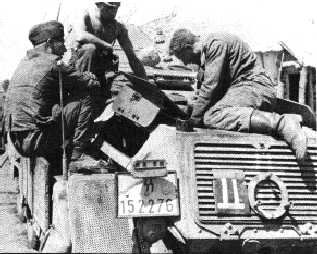
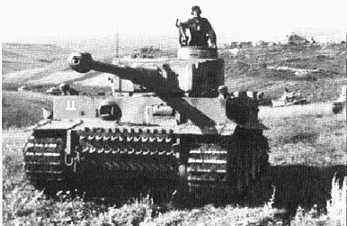
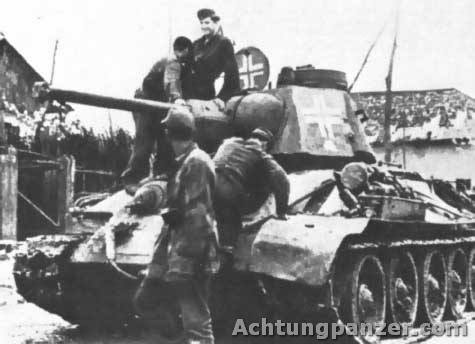

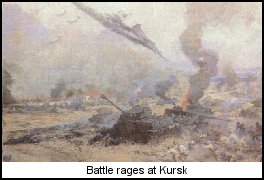
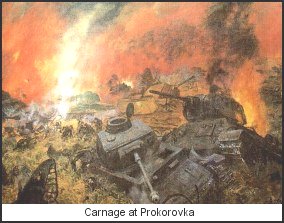
 this post joe
this post joe  . Great pics
. Great pics  . It would have been
. It would have been .
. . Lovely pix as well.
. Lovely pix as well.